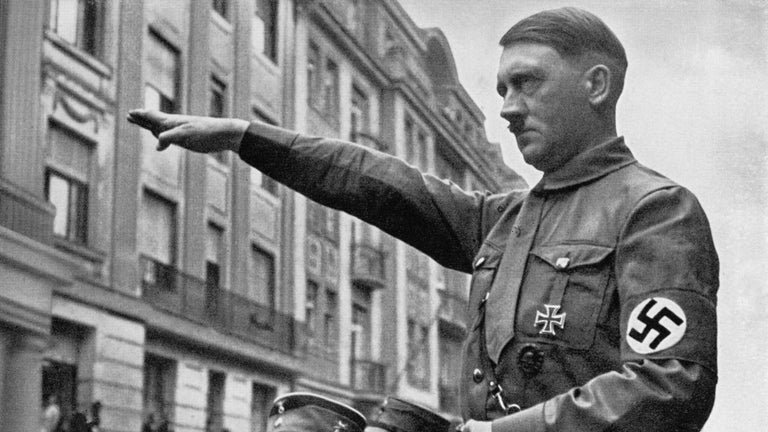
World War II, a global conflict that lasted from 1939 to 1945, is one of the most significant events in human history. It not only reshaped the geopolitical landscape but also left an indelible mark on the social and economic fabric of nations involved. At the heart of this monumental conflict was Adolf Hitler, the leader of Nazi Germany, whose ambitions and policies were pivotal in igniting the flames of war.
Adolf Hitler, who rose to power in Germany in 1933, harbored aggressive territorial ambitions and a virulent ideology based on racial superiority. His invasion of Poland in September 1939 set the stage for World War II, forcing Britain and France to declare war on Germany. This marked the beginning of a conflict that would engulf the world, involving major powers across Europe, Asia, and the Pacific.
Hitler’s strategy involved a blitzkrieg or “lightning war,” which entailed rapid, coordinated attacks combining air power, tanks, and infantry to quickly overwhelm the enemy. This approach proved devastatingly effective in the early years of the war, allowing Nazi Germany to conquer vast territories in Europe, including France, Belgium, and the Netherlands.
However, Hitler’s involvement in World War II is also marked by the horrific atrocities committed under his regime, most notably the Holocaust. The systematic extermination of six million Jews, along with millions of others deemed undesirable by the Nazi ideology, remains one of the darkest chapters in human history.
Hitler’s decision to invade the Soviet Union in 1941, breaking the non-aggression pact between the two countries, eventually led to Germany’s downfall. The harsh Russian winter, coupled with fierce Soviet resistance, turned the tide against the German forces. Meanwhile, the entry of the United States into the war following Japan’s attack on Pearl Harbor added significant pressure on the Axis powers.
The final years of World War II saw the Allied forces gaining ground on multiple fronts. Hitler’s insistence on fighting to the last, despite the increasingly dire situation for Germany, led to immense suffering and destruction. In April 1945, with Allied forces closing in on Berlin, Hitler committed suicide in his bunker, marking the end of Nazi Germany’s reign of terror.
World War II, propelled by Hitler’s ambitions and brutality, was a cataclysm that reshaped the world. It led to the emergence of the United States and the Soviet Union as superpowers, the formation of the United Nations, and a new global commitment to preventing such a conflict from ever happening again. The legacy of Hitler’s involvement in World War II serves as a grim reminder of the catastrophic consequences of unchecked power and ideological extremism.




































Leave a Reply